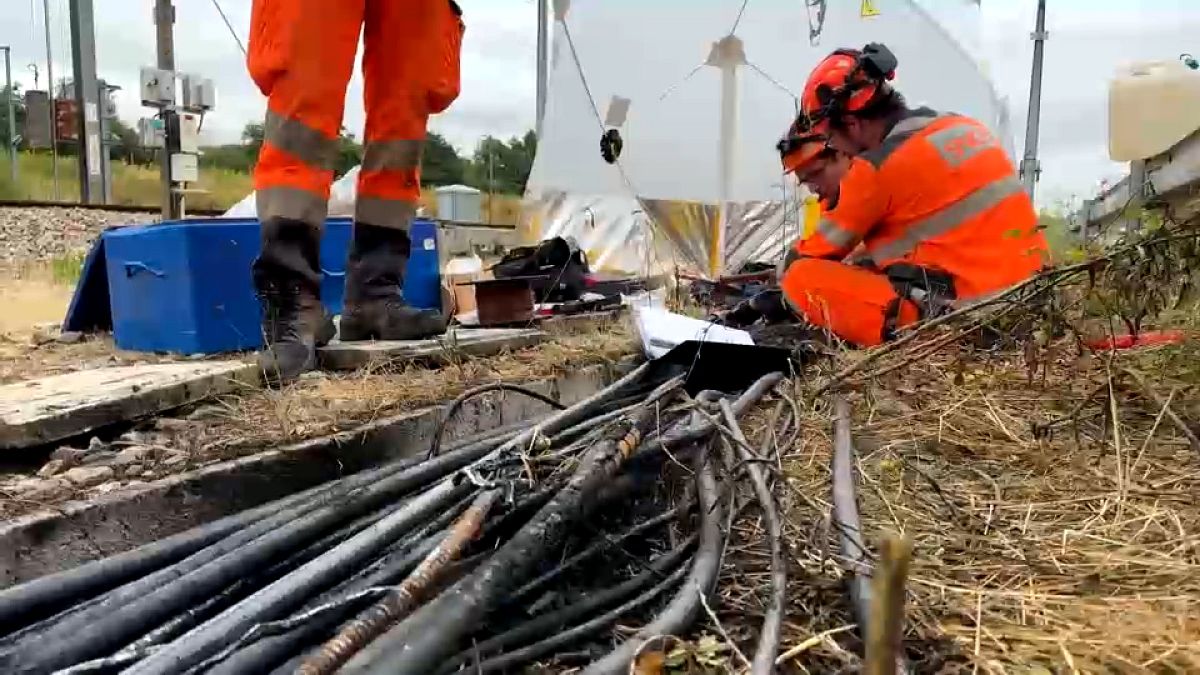Some homeowners will be waiting well into next year to find out if their storm-damaged homes will be bought out – surpassing the two-year anniversary of the disasters, Auckland’s recovery office says.
An estimated 1000 households are still unable to return to their homes after the Auckland Anniversary floods and Cyclone Gabrielle, which caused widespread flooding and slips.
The Government has now announced it will extend weekly accommodation assistance for a year, until June 2025, for those displaced by storms in 2022 and 2023.
The Temporary Accommodation Assistance was due to end this month.
Social Development and Employment Minister Louise Upston said extending the payment for another year would help homeowners bridge the gap until repairs were undertaken or a decision was made on the future of their property.
“We know some people impacted by these weather events are doing it tough by having to cover costs on their uninhabitable homes, like mortgage payments, rates, and insurance, while also paying for temporary accommodation,” she said.
The payment had not been extended to those with houses held in trusts.
It’s been a year since the Auckland Anniversary floods took the lives of four people and caused billions of dollars’ worth of damage to properties and infrastructure.
Auckland Council has so far confirmed 500 flood-damaged properties for buyout as part of a $2 billion cost-sharing storm package alongside the Government.
The council expected at least another 200 would be eligible. Originally, it aimed to have that confirmed by the middle of 2024, but that has now been pushed out into 2025.
The recovery office’s group community and social recovery lead, Linda Greenalgh, said staff would still be assessing homes next year because categorising storm-affected properties was more complex than first anticipated and homeowners were still signing up.
“We have had an additional 700 properties sign up for categorisation and that is obviously having a flow-on impact in terms of the time frames required,” she said.
Homeowners could register for the categorisation process until the end of September.
“We know if we continue to see people opting in throughout that time, it’s going to push out how quickly we can undertake the work to assess and categorise those properties.”
Greenalgh said those who registered before the end of 2023 would be prioritised.
Just over half of those registered – 1550 properties – had received a property categorisation. Of those, 498 were deemed unliveable due to the unacceptable risk of future flooding and loss of life, and were eligible for a buy-out.
For homes in that category, the council offered 95% of the pre-storm value of an insured property, less any insurance payout.
Greenalgh said the team was waiting to categorise some houses that depended on Crown funding for infrastructure projects to prevent future flooding.

“Even though we know that uncertainty is really tough for people, it’s really important that we get this right and not rush decisions,” she said.
“The stakes are really high here, so getting it right is our first priority.”
The recovery office estimated 1000 households remained displaced from the storms, of which about 200 received the temporary accommodation assistance grant.
“It’s a lot of people who are facing some real uncertainty about their future and with some pretty fundamental needs for security and housing while they await that decision,” Greenalgh said.
Lyall Carter, the chair of advocacy group West Auckland Is Flooding, said he understood the complexity involved in assessing storm-damaged houses but said waiting until 2025 would be unacceptable for many.
“I can only imagine what it will be like for those that have heard that news, that it’s going to be into 2025 for categorisation. There are a number of people within our community who have felt let down by what they perceive as the changing of dates,” Carter said.
“For them to have to wait into 2025 is hugely frustrating and disappointing.”
Carter said an extension to the temporary accommodation assistance was welcome but for many Auckland homeowners, it did not cover the cost of a rental.
rnz.co.nz











